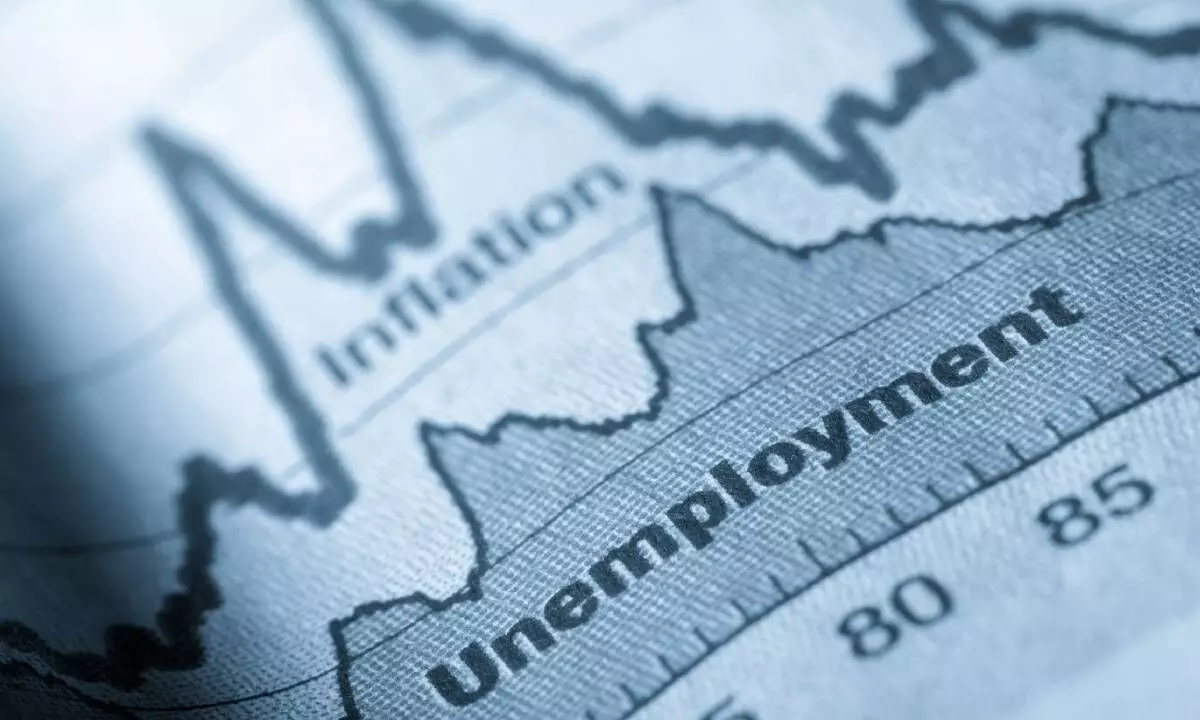Economist say job problem to stay for some time: Reuters poll
Unemployment will remain the Indian economy’s Achilles’ heel even after the general elections. This is the finding of an opinion poll of economists conducted by the news agency Reuters. They expected the problem to stay there even as they pegged the economic growth rate at an impressive 6.5 per cent in 2024-24

Economist say job problem to stay for some time: Reuters poll
Unemployment will remain the Indian economy’s Achilles’ heel even after the general elections. This is the finding of an opinion poll of economists conducted by the news agency Reuters. They expected the problem to stay there even as they pegged the economic growth rate at an impressive 6.5 per cent in 2024-24.
They also said that the failure to create more jobs in a large and expanding young population will be a key issue for voters. Most economists Reuters talked to, 15 of 26, in the April 16-23 period said the biggest challenge for the government after the national election would be unemployment.
While eight among them said rural consumption would be the biggest challenge, two said inflation and one poverty would be. “Following a decade of near jobless growth, the rising number of discouraged workers had pushed India’s LFPR [labor force participation rate] down well below levels exhibited by the four Asian tigers at comparable stages in their demography,” Kunal Kundu, India economist at Societe Generale, was quoted in the Reuters news report.
Alexandra Hermann at Oxford Economics, however, sounded a note of caution about the high growth rate: “Repeating the exceptional strength of 2023 shouldn’t be taken for granted. Last year’s growth was strongly supported by the government’s capex push, but the need for fiscal prudence will limit the boost this year and over the coming years.”
But a big majority of economists, 20 of 28, didn’t share this view. According to them, growth this fiscal year was more likely to be higher than they expected rather than lower.




